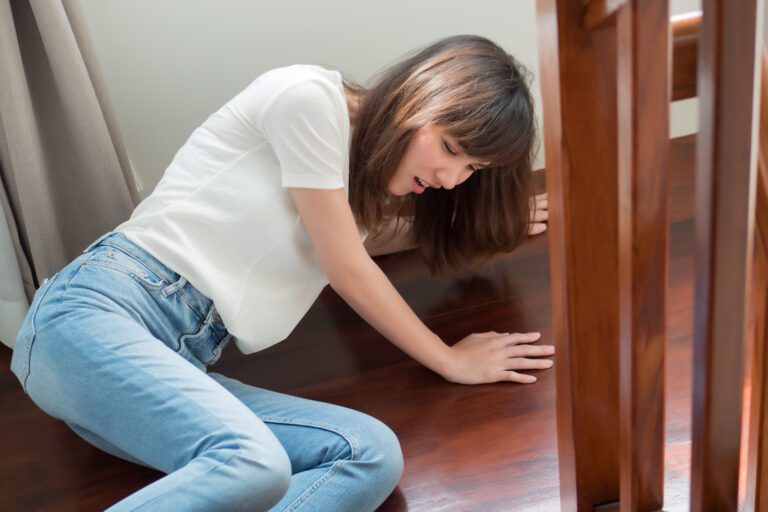3 FAQs About Building a Slip and Fall Claim

Whenever you visit friends, run errands, or go on outings with your family, you don’t expect to get hurt in the process. As millions of Americans come to learn every year, however, even a seemingly minor slip and fall accident can cause major injuries.
Thankfully, those who are hurt through no fault of their own are usually entitled to seek compensation. As long as they can prove the property owner or occupier failed to take reasonable measures to prevent the incident, they can usually put together a compelling case.
If you slipped and fell at a place of business, apartment complex, or other public space and you want to take action, there are a few things you should know. To ensure you can commence the proceedings with confidence, here are the answers to some of the most frequently asked questions about getting started:
1. What Kind of Evidence Will I Need to Gather to Prove Liability?
The evidence that ultimately serves as the foundation of your claim is going to depend on the circumstances of the slip and fall. If you fell at a place of business, for example, you may be able to use surveillance footage to support your case. If, on the other hand, you were hurt at a friend’s apartment complex, photographs of the hazard in question may prove invaluable. Maintenance records and eyewitness testimony often come in handy, as well.
If you’re not sure how to go about obtaining any such evidence, don’t worry; a premises liability attorney can help. As long as you turn to a resourceful firm that’s well-versed in the kinds of elements that apply to your case, you can focus on your recovery while your legal team compiles evidence of liability.
2. How Can I Demonstrate Damages?
After you prove liability, you’re going to have to find a way to demonstrate damages. Otherwise, you won’t be able to secure a payout.
Much like the evidence pointing to liability, the most compelling proof of damages is going to depend on the facts of the case. Generally speaking, though, it will probably include most—if not all—of the following:
- Hospital bills,
- Medical records,
- Health insurance statements,
- Pay stubs,
- Psychological evaluations,
- Journal entries,
- Receipts for replacement services,
- Statements from loved ones, and
- Invoices for making any necessary home or vehicle modifications.
3. Do I Need to Hire a Premises Liability Attorney?
Accident victims often assume they don’t have the funds to enlist legal counsel. In reality, though, most reputable personal injury firms accept cases on contingency, which means their fee comes out of the resulting payout.
Put another way, you’ve got nothing to lose by hiring an attorney. And while you’re certainly entitled to represent yourself, you’ve got a lot to gain by turning to a seasoned professional for strategic help every step of the way.
Discuss Your Case with a Slip and Fall Attorney in West Palm Beach
At Donaldson & Weston, we’re all too familiar with the immense devastation that slip and fall accidents can leave in their wake. If you were seriously hurt on someone else’s property and you’ve been struggling ever since, we’ll help you take the steps needed to pick up the pieces. To schedule a free case review with a slip and fall lawyer in West Palm Beach, call 561-299-3999 or fill out the Contact Form on our website.
